Monkeypox (mpox) is a rare viral zoonotic disease. The mpox virus is part of the same family of viruses as the variola virus that causes smallpox. Since May 2022 there has been increased case numbers mainly overseas (including Europe and the USA) and in Australia. As of August 2022 there have been over 80 cases of mpox in Australia, most acquired overseas and community transmission increasing.
MPX was declared a Communicable Disease Incident of National Significance by the Australian Government Chief Medical Officer on 28 July 2022, following the WHO declaring the global situation regarding mpox to be a public health emergency of international concern.
Symptoms
Most people’s symptoms will clear up on their own after 2 to 4 weeks. Symptoms include distinctive sores (rash/lesions/ulcers), swollen lymph nodes, fever, headache, back pain, muscle aches, exhaustion.
Transmission
Transmission can occur through close contact with sores (rash/lesions/ulcers), through bodily fluids and contaminated objects. It is not considered to be a sexually transmitted infection (STI), although it can be transmitted through physical contact during sexual activities, so differential diagnosis is important. Most of the recent mpox cases in Australia have been diagnosed in gay, bisexual and other men who have sex with men, however transmission can occur in anyone who has close contact with an infectious person, so others might be considered at risk.
Find out more about mpox:
Visit our mpox Resource Toolkit for more useful resources.

